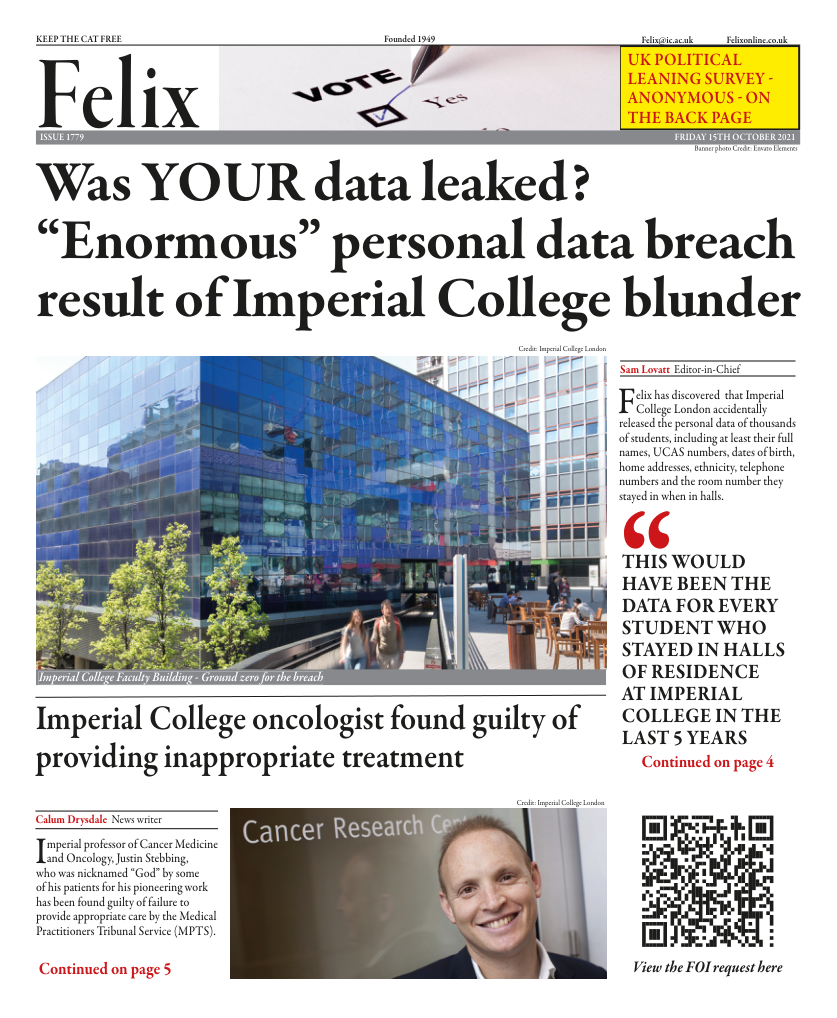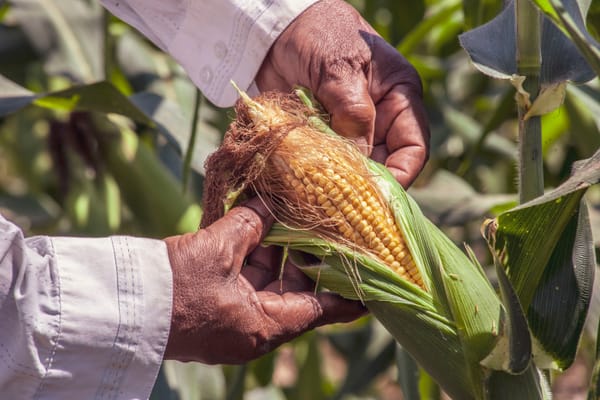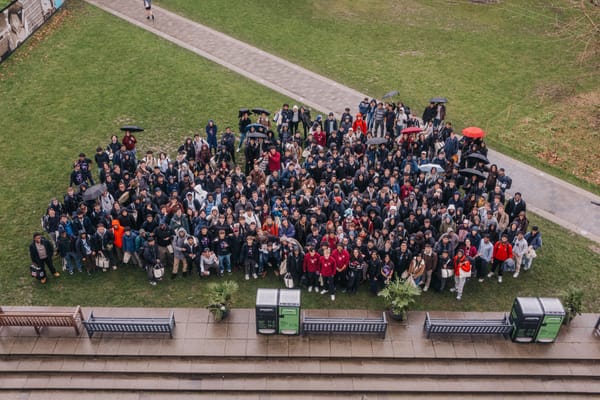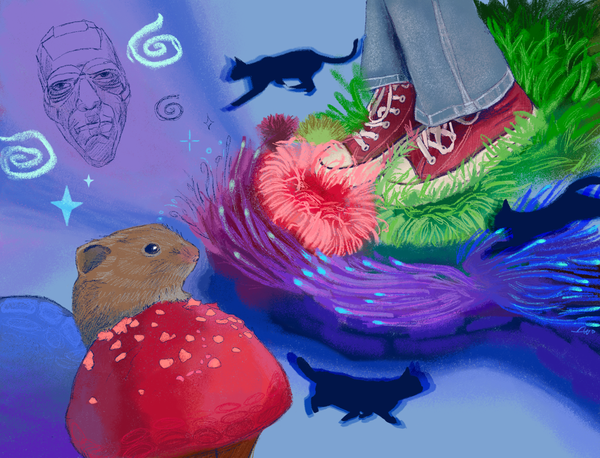Do PhD supervisors only guide PhDs to write good dissertations?
What is the role of PhD supervisors when it comes to supervising PhDs?

One answer I came across lately is to help PhDs write good dissertations. But is that all there is?
Does the good only apply to the thesis?
I suggest the answer to be to assist students towards becoming self-reliant and impactful thinkers.
During my job search as a final-year PhD candidate, I came close to the requirements of entering an academic career. The application and interview processes made me wonder what exactly a PhD candidate needs in order to be a well-prepared job market candidate. What came to me very often is not only about a good PhD thesis, but more importantly other key capabilities, such as independent thinking, selling, networking, self-confidence, resilience, and the tacit knowledge of the rule of academic games.
I would be too idealistic to assume that all these skills are the responsibilities of PhD supervisors. But the blurry boundary of responsibilities between parents, PhD supervisors, universities, and PhDs themselves does not stop one asking what is the least a PhD supervisor can do for a PhD candidate. Especially as the majority of the time PhDs spend is with supervisors during the PhD program.
If we agree on the assumptions that most PhDs apply for PhD programs with the goal of entering academia and PhD supervisors are there to help support students’ vision, then not only is a good PhD thesis not enough but it also serves as a misleading goal. Very often, job market candidates do not have a finished thesis by the time they start job applications. Focusing on a good PhD thesis may be convenient for PhD supervisors as professors are normally very busy with their own agendas, but it is not helpful for a PhD student to be fully prepared for an academic career that asks for independent and impactful thinkers.
Focusing on producing a good thesis thus constraints the endless possibilities for improving oneself during the PhD journey.
I believe that PhD supervisors have more opportunities, knowledge, power, and benefits to shape PhD students to become well-prepared job market candidates than other stakeholders. Don’t get me wrong – I am not saying that PhD supervisors need to impart everything onto PhD students; where students can just sit and absorb. Instead, I am saying the PhD supervisors’ role needs to expand to more than just helping PhD students finish good theses. A good thesis may be a necessary condition but it’s not a sufficient condition for a good researcher if academia is the goal.
I suggest that the role of PhD supervisors is multi-dimensioned and is about assistance towards self-reliant and impactful thinkers. Here, I want to emphasize three dimensions:
Help PhDs become independent thinkers. PhD students at the start can be very overwhelmed by classic papers and big names in the field. This mindset may prevent students from challenging well-established theories, especially the ones from supervisors. I am not suggesting PhD students should challenge everything supervisors and existing theories say in order to be independent thinkers who succeed in academia. I argue that PhD supervisors should prevent forcing students to accept what they believe is right or discouraging students’ thoughts without a conversational discussion to help students understand. Instead, PhDs need to be encouraged and nurtured to think logically themselves, with words of reason, without raising ones’ voice and without pushing self-designed rules.
Facilitate and encourage PhDs to find their own identities. The identities I mentioned here can be academic or non-academic. If academic, then identity can include epistemological, ontological, methodological, and theoretical ones. I am not saying that these identities have to be well-established at the PhD graduation date. It takes time to find these identities and identities are also fluid depending on circumstances. But the journey rather than the result is the most important part. Fear of students making mistakes should not be a reason to control students’ path, nor should the drive of self-protection. Students will gain confidence as well as trust that they can decide everything on their own with the respect from supervisors. At the end of the day, it is the responsibility of PhDs to make their own choices. Being driven by self-interest is also more likely to lead to impactful research in the long run.
Show empathy but no praise and no rebuke. Presumably, every PhD supervisor was once a PhD student. This means that PhD supervisors know the hardship of getting a PhD degree. On top of having a high and strict standard for PhD students, it is also vitally important to show empathy, e.g., saying “I feel you. I have been in your shoes. It is very hard”, to form a trustful partnership. At the same time, when it comes to training self-reliant researchers, either praise-based or rebuke-based supervision is helpful. While praised-based supervision may cause dependence on external admiration and a competition-oriented rather than a cooperation-oriented mindset, rebuke-based supervision is likely to give rise to contempt and drive far away from a respectful and trustful relationship.
Self-reliant and impact thinkers may not have the best dissertations at the end of PhD programs (as do lots of big names), but they may use the PhD journey to experiment and then figure out their identities, train their independent thinking skills, cultivate mentoring and teaching capabilities, develop selling and conference organizing skills, and prepare other channels to contribute to societies in their own ways. Knowledge (or we say theories) keeps updating – the best dissertation at one time may be outdated very soon, but the capabilities gained can not only never be outdated but also enable impactful research and mentor good thinkers in the long run. Focusing on producing a good thesis thus constraints the endless possibilities for improving oneself during the PhD journey.
Lots of PhD students do not know the responsibilities of PhD supervisors, preventing them from asking for help when they need it, especially when supervisors are very busy and when academic culture shows hierarchical favour. Similarly, I assume professors may not know or do not have time to notice struggles many PhD students face when very often students are too afraid to speak up, or professors are too busy to be found.
I believe discussing this question openly is a good opportunity to help both parties understand each other before the partnership and achieve synergy during the partnership. It is also important for the environment and community to look at how to better design incentives and rules to foster such trustful and long-term-oriented partnerships.








